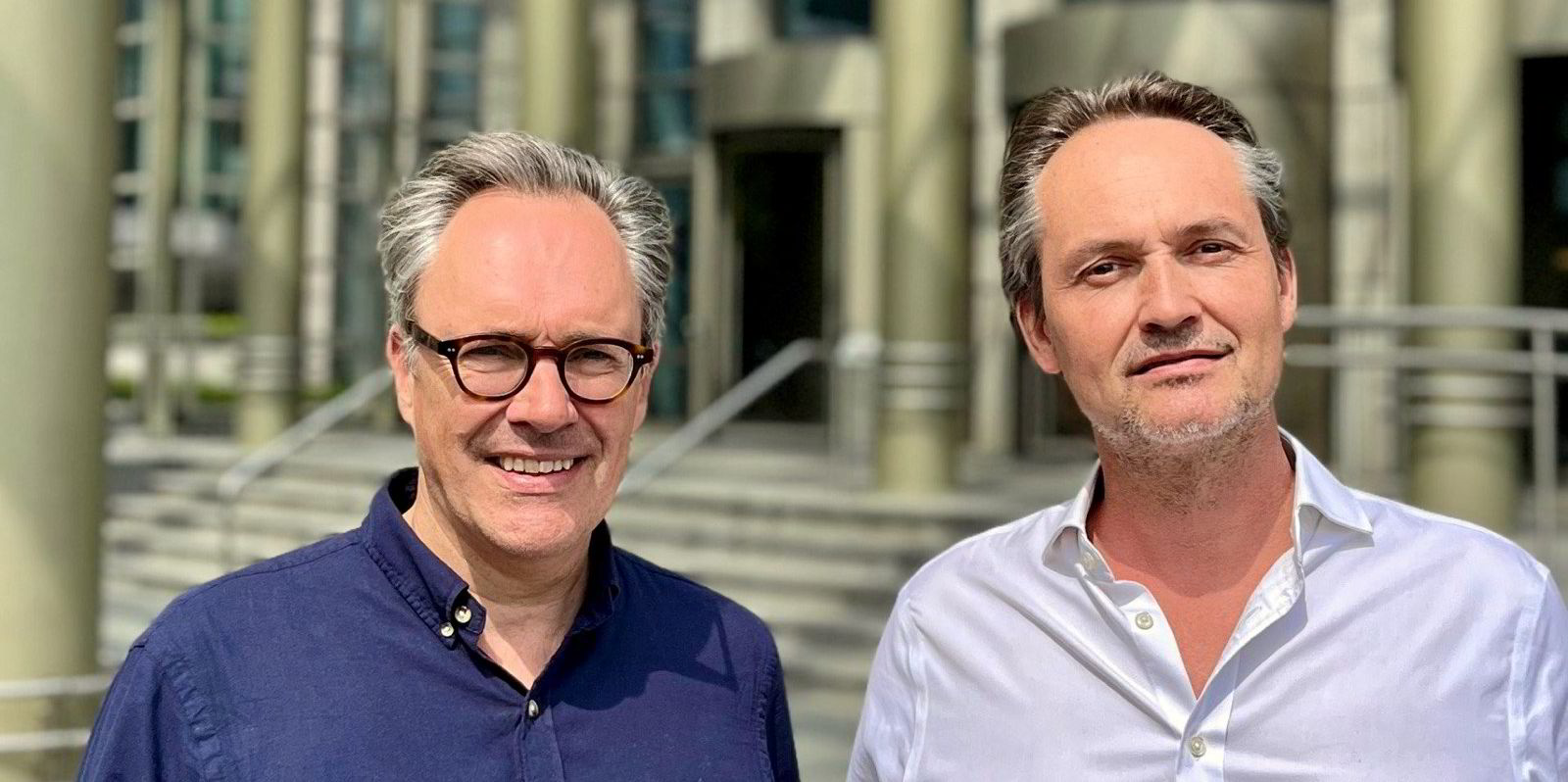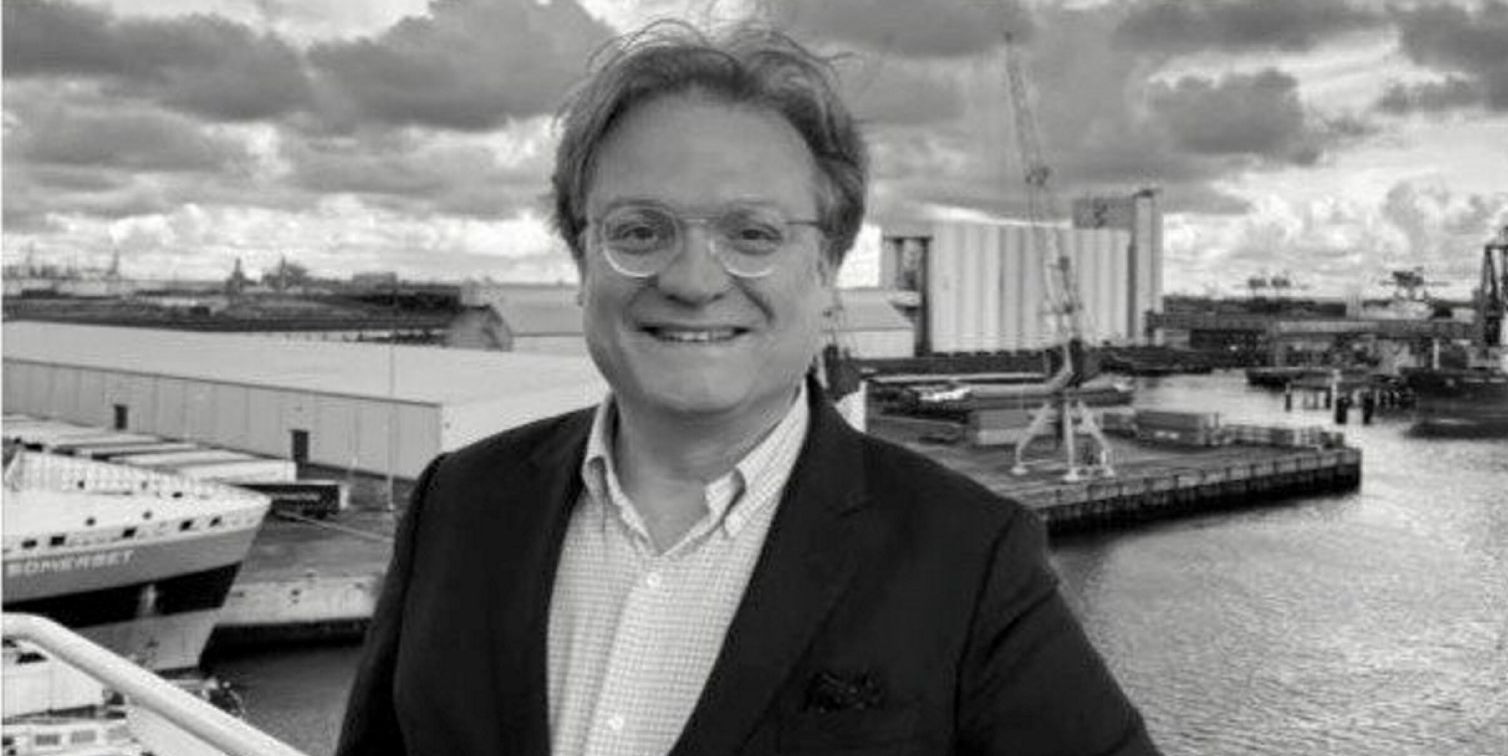Dutch alternative financier Prow Capital has quickly seen its vessel loan portfolio move past €110m ($119m), with plenty more deals in the pipeline.
The company was formed in Amsterdam in November 2021 by experienced former Dutch banking executives to meet the needs of smaller owners ignored by traditional lenders.
Commercial director Andre Lockhorst told TradeWinds that after 18 months of marketing, 17 ships have been financed for five European companies.
These are mainly newbuildings in the shortsea and ferry arena, and predominantly diesel-electric powered via batteries.
“What we also see with traditional banks is that the appetite for the smaller assets, like shortsea or ferries, is not so much there,” Lockhorst said.
“But also offshore wind is not very popular — there is still a bit of a legacy with traditional offshore, making some of the traditional banks more careful. It’s a new thing.”
Partner Gust Biesbroeck explained that banks and other financiers always look at historical data to understand where a market is in a cycle.
But this data does not yet exist for a new sector such as offshore wind, whether for the vessels or the markets in which they operate.
Lockhorst said: “We have a couple of offshore service ships and we just closed a ferry transaction in Spain.”
“We started with a dry bulk vessel refinancing in combination with shore-power retrofit financing. We would like to develop retrofit financing more, we want to play a serious role, there are funds available and we have the knowledge.”
Retrofit market to spike
Biesbroeck said financing is rather complicated for these add-ons to existing ships.
“We expect at a certain point there will be a huge retrofit market, but it hasn’t happened yet,” he told TradeWinds.
Shipowners have made a lot of money in recent times, so smaller retrofits were paid from their own pockets. Plus there is no regulatory necessity to do it yet, Biesbroeck believes.
Lockhorst revealed Prow is in advanced discussions about a tanker project where existing small product tankers will be retrofitted or upgraded with carbon capture systems.
He said: “There are ongoing discussions on methanol vessels, but we haven’t financed any yet. They are substantially more expensive than existing fleets.
“I think we can make a difference there by providing slightly higher leverage than existing banks.”
Biesbroeck added: “We have euros to lend rather than dollars; intra-European trades are a natural fit for us. There’s a lot more happening in decarbonising European shortsea than in deepsea so far.”
Prow’s Green Shipping Fund fund is structured around a set of eligibility criteria that include fact-based and externally vetted requirements on emissions profiles of the ships to be financed.
Funding has been structured and arranged in close cooperation with Spanish lender Banco Santander and supported by financial services group FPG AIM.
The average loan size is between €15m and €50m, exclusively for European owners.
Biesbroeck has more than three decades of experience in the Netherlands, Greece and Hong Kong.
He has previously served as global head and managing director of transport clients for Dutch lender ABN Amro.





